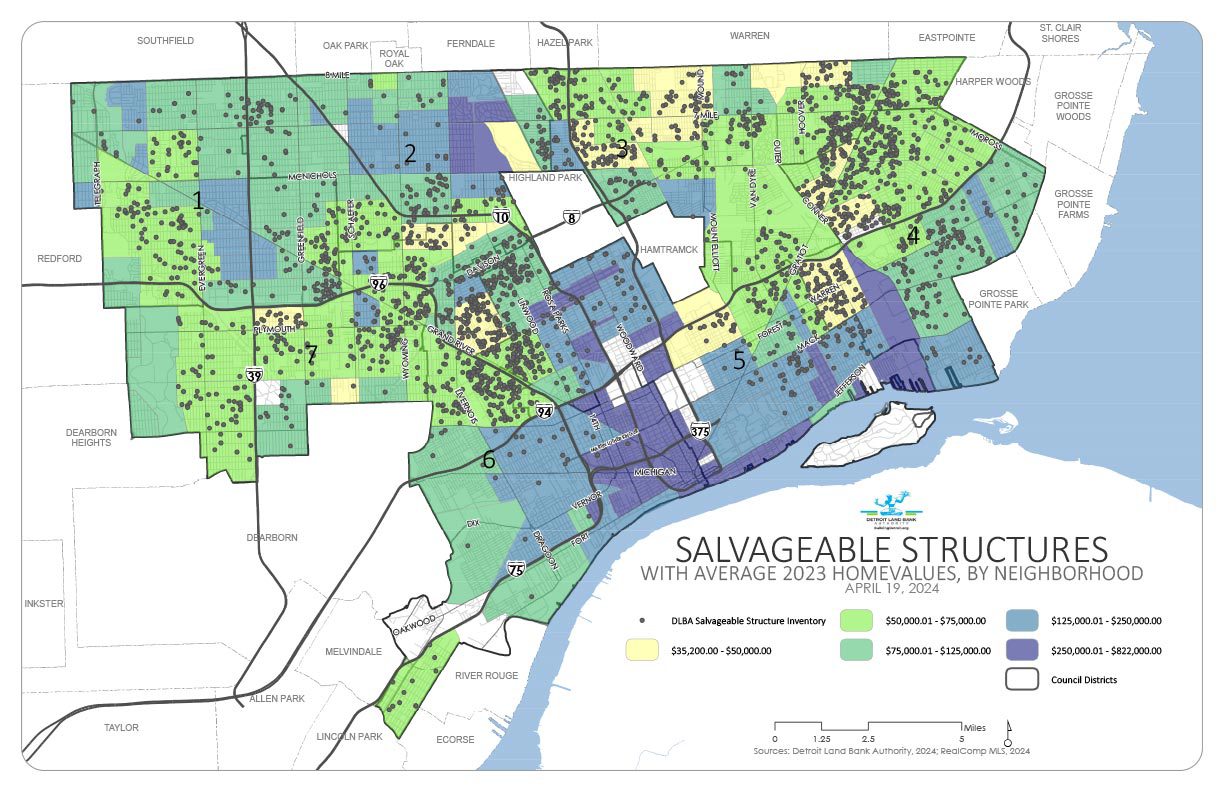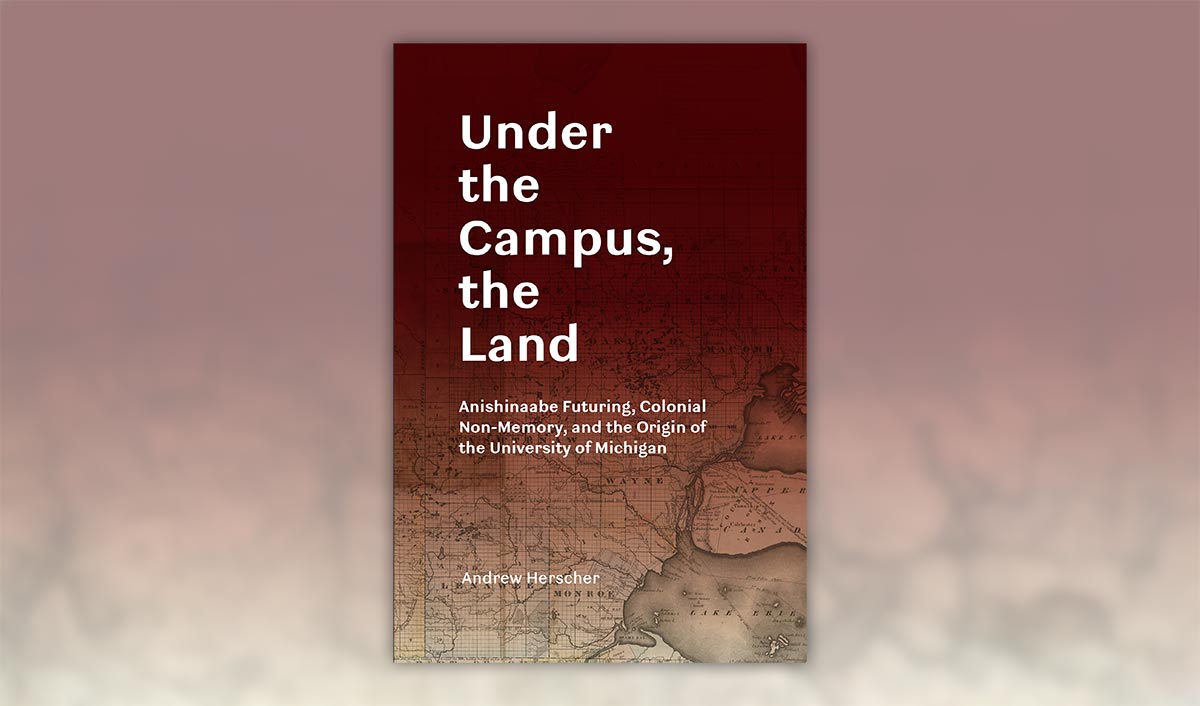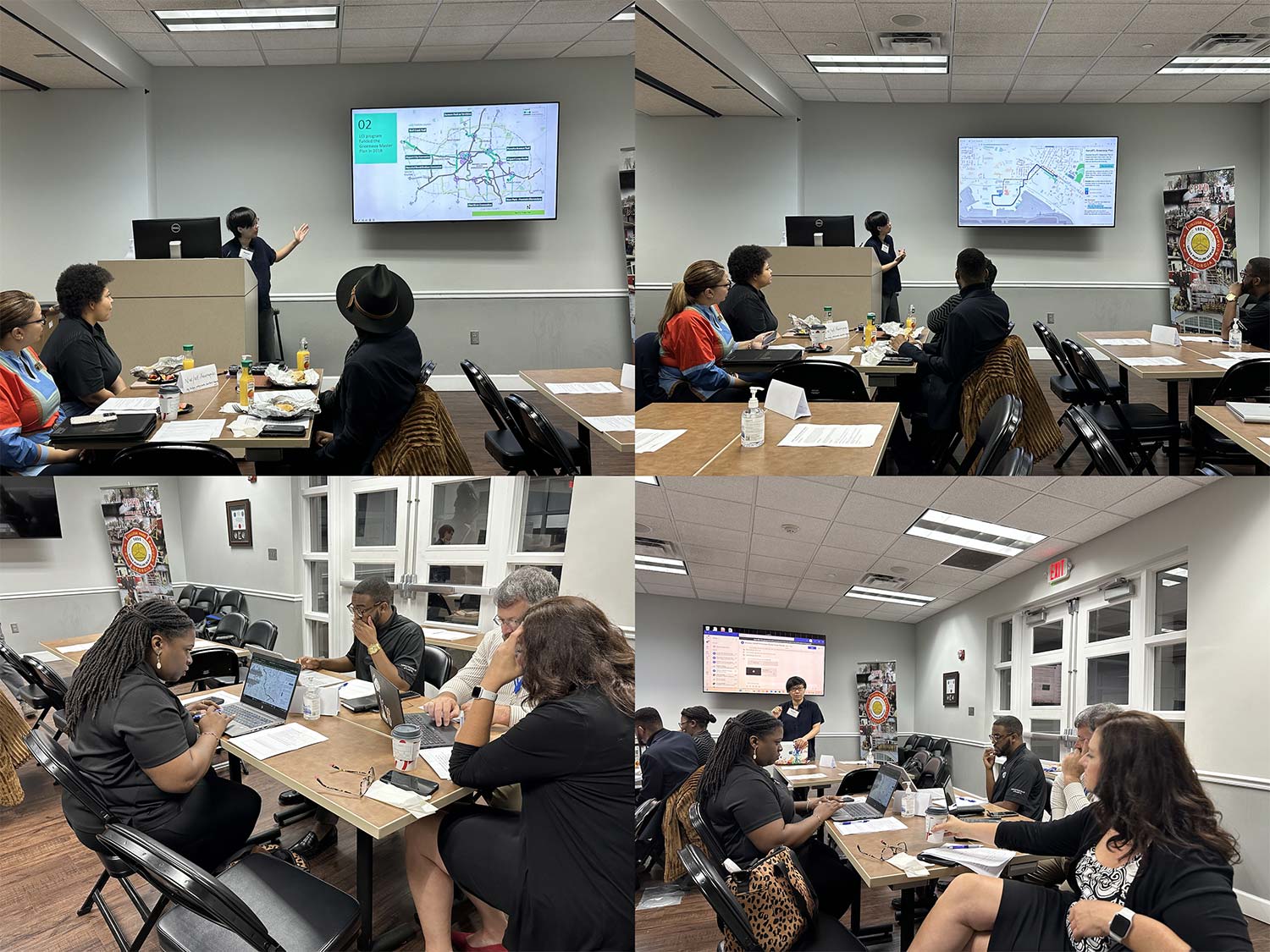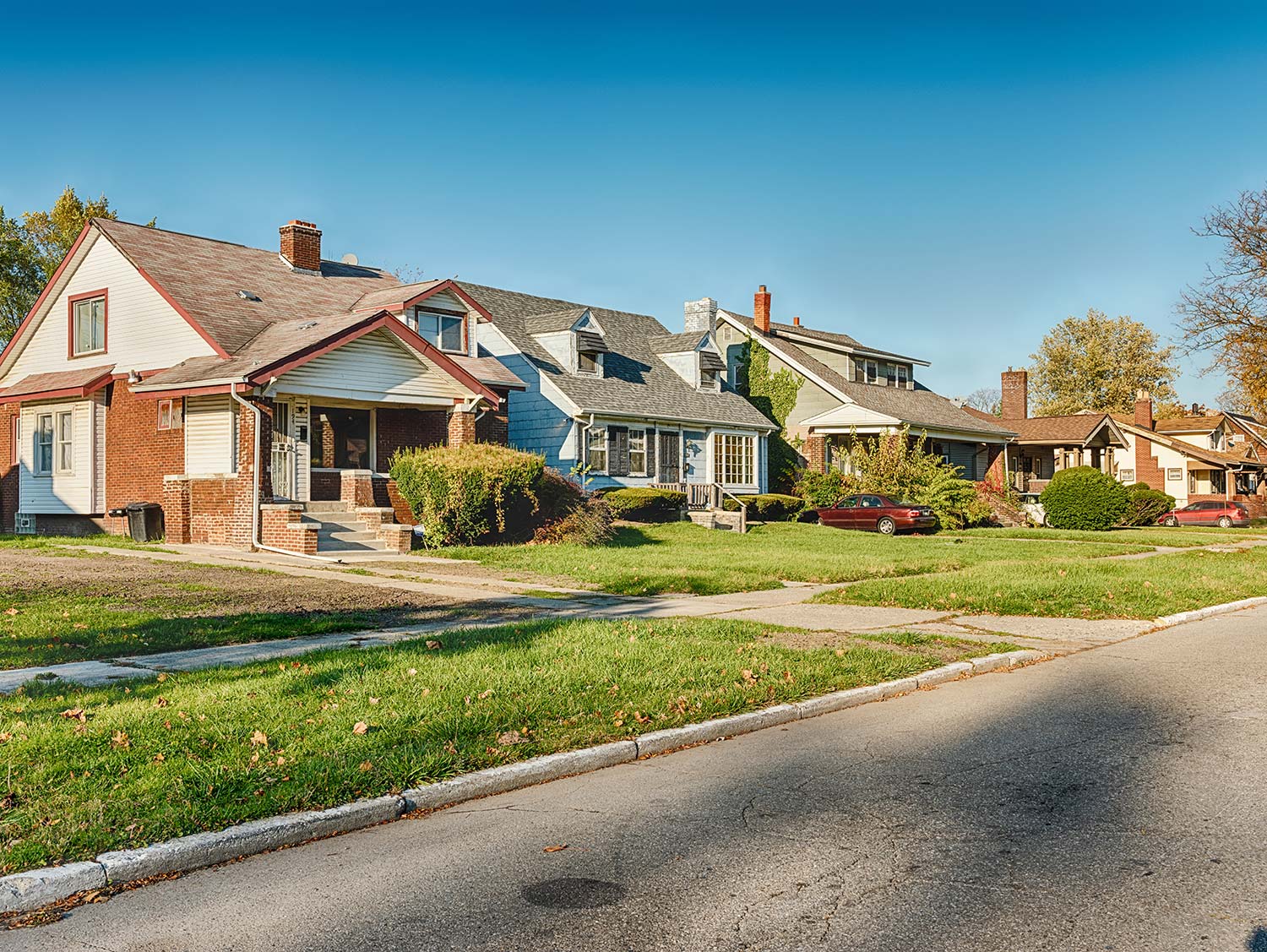
Taubman College researchers receive NSF grant to help rehabilitate vacant Detroit homes
A team of Taubman College researchers led by Sharon Haar will use a National Science Foundation (NSF) grant for a collaborative project to lower the barriers for Detroit residents to buy and rehabilitate vacant homes.
The initiative, “Rehab for America: Housing Resilience for Detroit Communities,” addresses the nation’s housing affordability crisis by creating resources for and efficiencies in the process of rehabilitating abandoned homes. While the project focuses on Detroit and its estimated 7,000 vacant homes, the findings could have implications for post-industrial cities nationwide.
Haar is the Emil Lorch Collegiate Professor of Architecture and co-founder of Taubman College’s Collective for Equitable Housing. Joining her on the project team are Ellie Abrons and Adam Fure, associate professors of architecture. The $75,000 planning grant comes from the NSF’s Civic Innovation Challenge, a research and action competition driven by community priorities. The research team plans to apply for further NSF funding next year.
Rehab for America takes a three-pronged approach to rehabilitating vacant homes:
- Developing a better communication strategy and servicing by the Detroit Land Bank Authority (DLBA), the largest owner of vacant homes in the city. The team will work with the DLBA to improve its communication with purchasers, both homeowners and nonprofit developers, to clarify the work necessary to restore vacant structures.
- Creating tactical approaches to aid in construction. The team will research and plan for new approaches to rehab construction by conducting inspections of DLBA properties with consultants, contractors, and building inspectors to learn about their unique challenges; interviewing owners about the pinch-points in the rehabbing process; researching products that promise to simplify or streamline construction; and other methods.
- Working with the nonprofit Community Development Advocates of Detroit (CDAD) to engage community partners to identify new or underutilized funding sources to offset the cost of home repair.
Haar noted that the United States has an all-time shortage of for-sale homes with the greatest lack of low-income price points. Years of underbuilding have led to a deficit of 3.8 million homes, and it would take a decade of record-level building to meaningfully increase affordability.
“Solutions to America’s housing crisis require a multi-pronged approach,” Haar said. “In addition to densification, zoning reform, and new construction, rehabilitation of existing homes must be an explicit priority of city officials, nonprofits, homeowners, architects, and builders alike. This is especially the case in many former industrial cities of the American Midwest, such as Detroit, which has a wealth of vacant houses waiting to be filled by Detroit families. Purchasing existing houses is often more affordable than new construction, but repairs can be costly.”
Assisting the research team as consultants are Margaret Dewar, professor emerita of urban and regional planning; Lars Junghans, associate professor of architecture; Larissa Larsen, professor of urban and regional planning; and Gina Reichert, lecturer in architecture.









